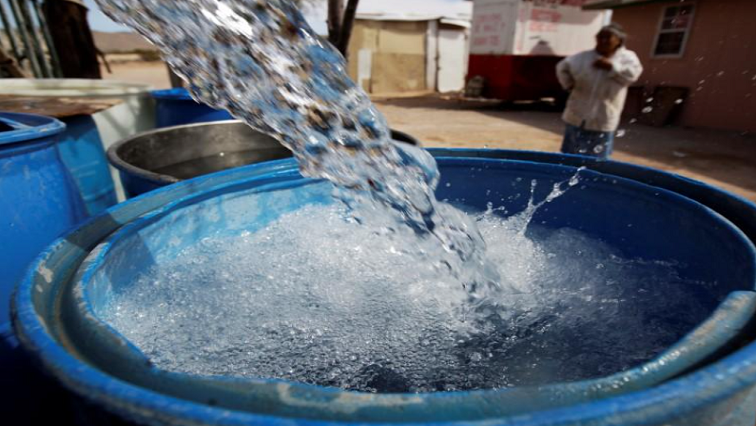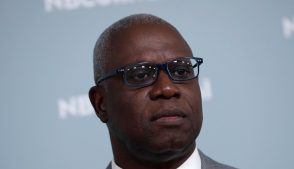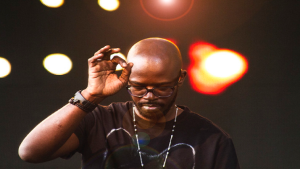The first United Nations Water Conference, regarded as once-in-a-generation, kicks off in New York on Wednesday seeking to reinvigorate water-related targets set out in the Sustainable Development Goals blueprint. At its core, the conference is seen as an effort to galvanise international efforts in an all-of-society approach towards the implementation of Goal 6, which calls for ensuring the availability and sustainable management of water and sanitation for all – targets that remain alarmingly off track, jeopardising the entire sustainable development agenda.
The three-day event will conclude with what organisers are framing as a bold water action agenda that must give the world’s lifeblood, water, the commitment it deserves.
Demands for water and sanitation are rising, owing to rapid population growth and urbanisation and increasing water needs from agriculture to energy production, but the sustainable management of this critical resource is faltering and a conference that seeks to arrest this decline.
“We can no longer address water as a local or regional challenge. We have to address it as a global challenge. We have, in fact, breached the planetary boundaries for water, the thresholds beyond which our human impact will put society at risk,” says Co-facilitator of the UN Water Conference, Henk Ovink.
“We have to radically change the way we think about how we use, manage and value water. That is the coreline of next week’s conference, and we rapidly have to figure out how to repair and replenish the water cycle even as we prosper. And the good news is that we do have what it takes to put water back on a sustainable track,” adds Ovink.
Framing the debate is the faltering implementation around targets in Goal 6 of the SDGs that seeks to achieve universal and equitable access to safe and affordable drinking water for all by 2030, to achieve access to sanitation and hygiene for all and end open defecation by the same deadline.
The UN warns meeting those targets require a four-time increase in the pace of progress, adding that at the current rates, 1.6 billion people will lack safely managed drinking water and 3.8 billion people safely managed sanitation by the end of the decade.
While a skills shortage in countries like South Africa, from water engineers and hydrologists to resource economists, is further compounding the problem with improving education for water sector professionals is a key focus of the conference.
“One of the objectives is capacity building and rising the capacity and having the educated people, and the knowledge also sits at the plan of energy on water action decade. We have five interactive dialogues, the five pillars of the global acceleration framework, which include basically financing, data and it includes also capacity building. So, all the discussions through these interactive dialogues, but also within the special events and the side events, they will focus all also on this kind of issues, capacity building,” says Co-facilitator of the UN Water Conference Sulton Rahimzoda.
Minister of Water and Sanitation Senzo Mchunu will lead the country’s delegation this week.
South Africa launched an over 400-page national water master plan in 2019 that seeks to address backlogs in infrastructure investment, institutional reform in water resource management and financial investments amid continued water shortages exacerbated by climate change, ageing infrastructure and poor management often leading to contamination of dams and rivers, not to mention load shedding which adds additional challenges.
The conference seeks to provide a roadmap for countries like South Africa in what is now an issue of global concern.






